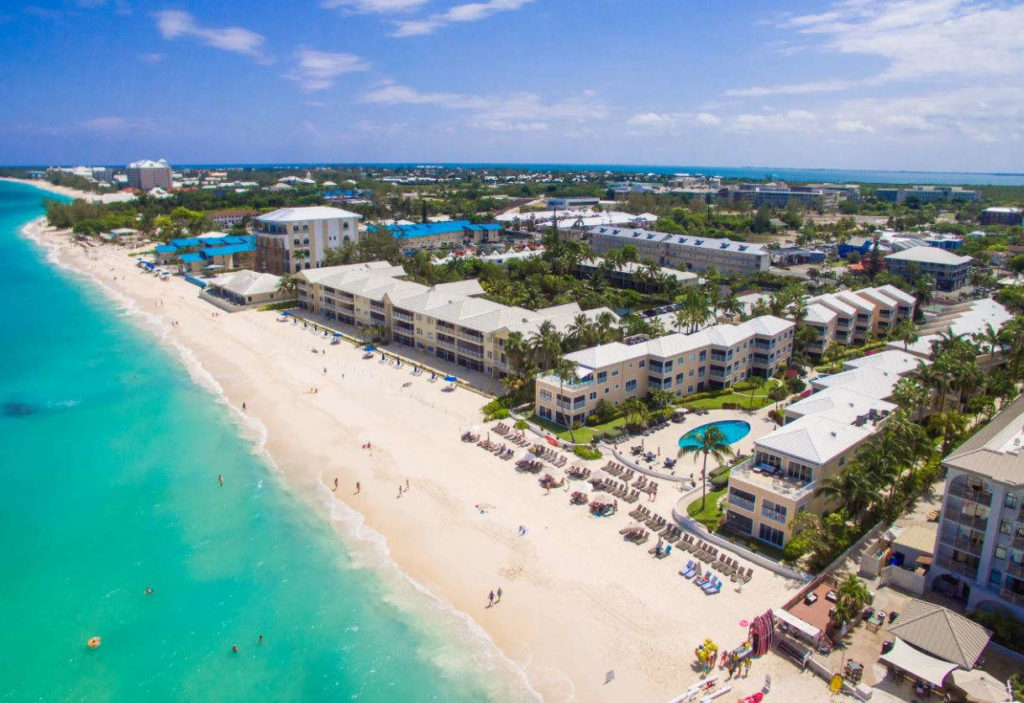The Economics & Statistics Office (ESO) provides a wealth of information on the Cayman Islands and recently issued some new reports that are worth discussing, in particular within the context of the real estate industry.
The good news on population
The most important figure that stands out to me, taken from the Labour Force Survey Report Spring 2016, is the increase in population for the latest Spring 2016 numbers versus Spring 2015. The population as of Spring 2015 stood at 59,054, whereas now we have grown as a nation to 61,259, an increase of 3.7 per cent. However, if you look closely at the figures, there is quite a disparity when it comes to who is actually making our population grow. In Spring 2015 there were 33,675 Caymanians.
That figure has increased by 2.8 per cent to 34,617 this Spring. In comparison, there were 19,895 non-Caymanians in Spring 2015 and that figure has leapt to 21,869 this year, a huge 9.9 per cent increase (the remaining category is permanent residents, which I will address later on in this article).
This means that our population has grown, not because of births, but because people have chosen to relocate here, perhaps professionals looking to make the Cayman Islands their home for themselves, and their families. Also, another factor may be that business has improved and so there is more employment, or perhaps retirees or the semi-retired, looking for a spot in the sunshine in which to enjoy their hard-earned retirement.
For the real estate industry, this is obviously positive news because it means more homes are being purchased to accommodate the influx of new residents. Whatever the reason for people relocating here, the fact is that they bring in revenue for the country, which can only be a good thing.
And the bad
The news is not so great, however, when you drill down the figures as they relate to permanent residents. In Spring 2015 there were 5,484; however, in Spring 2016 that figure fell to 4,773, a drop of 13.0 per cent. This definitely not good news for the country, because a decline in the very people who have invested their lives into this country for the past nine years or more, bought property, sent their children to school, shopped locally, etc., are the very people we should be encouraged to stay.
Imports on the rise
The Cayman Islands Quarterly Trade Statistics Bulletin April – June 2016 also highlighted some interesting statistics about which I would like to draw your attention. The report stated that, for the second consecutive quarter, the total value of imports to the Cayman Islands grew, this time by 7.1 per cent to reach $194.7 million compared to $181.8 million a year ago.
This is again excellent news for our economy, showing that inward investment is on the rise for Cayman, a fact borne out by the significant numbers of real estate projects happening around the island, not to mention the boom in infrastructure development taking place in and around Camana Bay as well as the road improvements out past Grand Harbour at the moment.
This is good for Cayman not just from the standpoint of increased duty coming into Government’s coffers, but, more broadly because the activity generated means that somebody is actually invested in our islands. It means that they are actively creating something – whether that is a business or a home – that ties them here, building up the community and helping to increase revenue in the future, in all sorts of ways: staffing, insurance, banking, utilities, and so on.
I believe that Cayman needs to look to the future and keep this level of activity rising at an even keel so that we obtain a population of approximately 100,000 in the next twenty years or so. That level of the populace will see a strong and sustainable economy for all.
I would love to hear from you if there are any points of interest as they relate to Cayman’s real estate industry that you would like me to discuss in future articles, or if there are any questions you would like me to answer. Email: James.Bovell@bovell.ky
